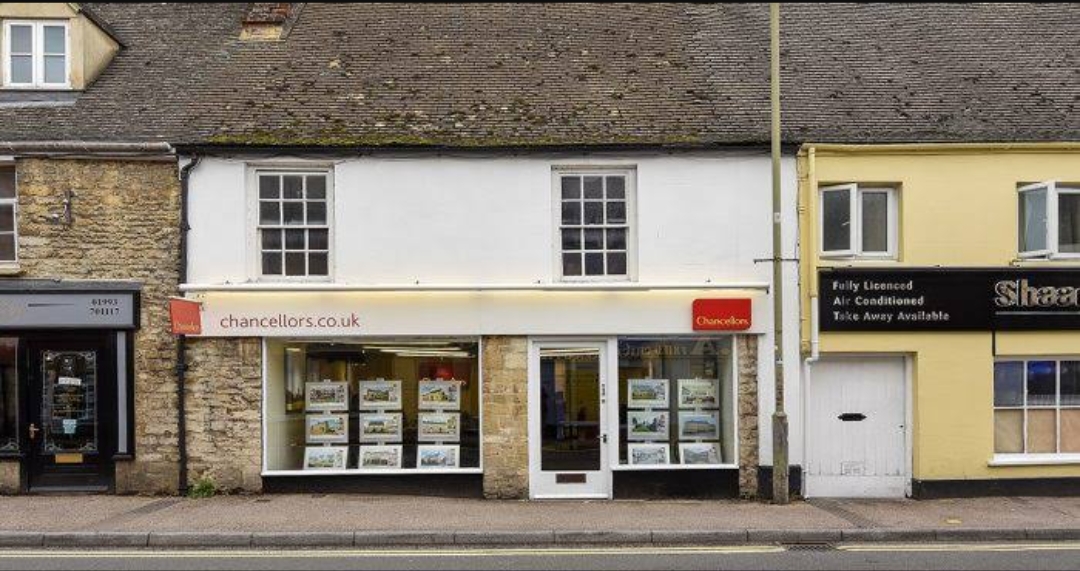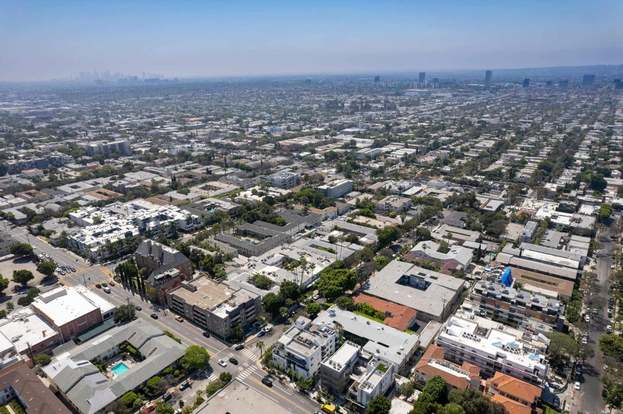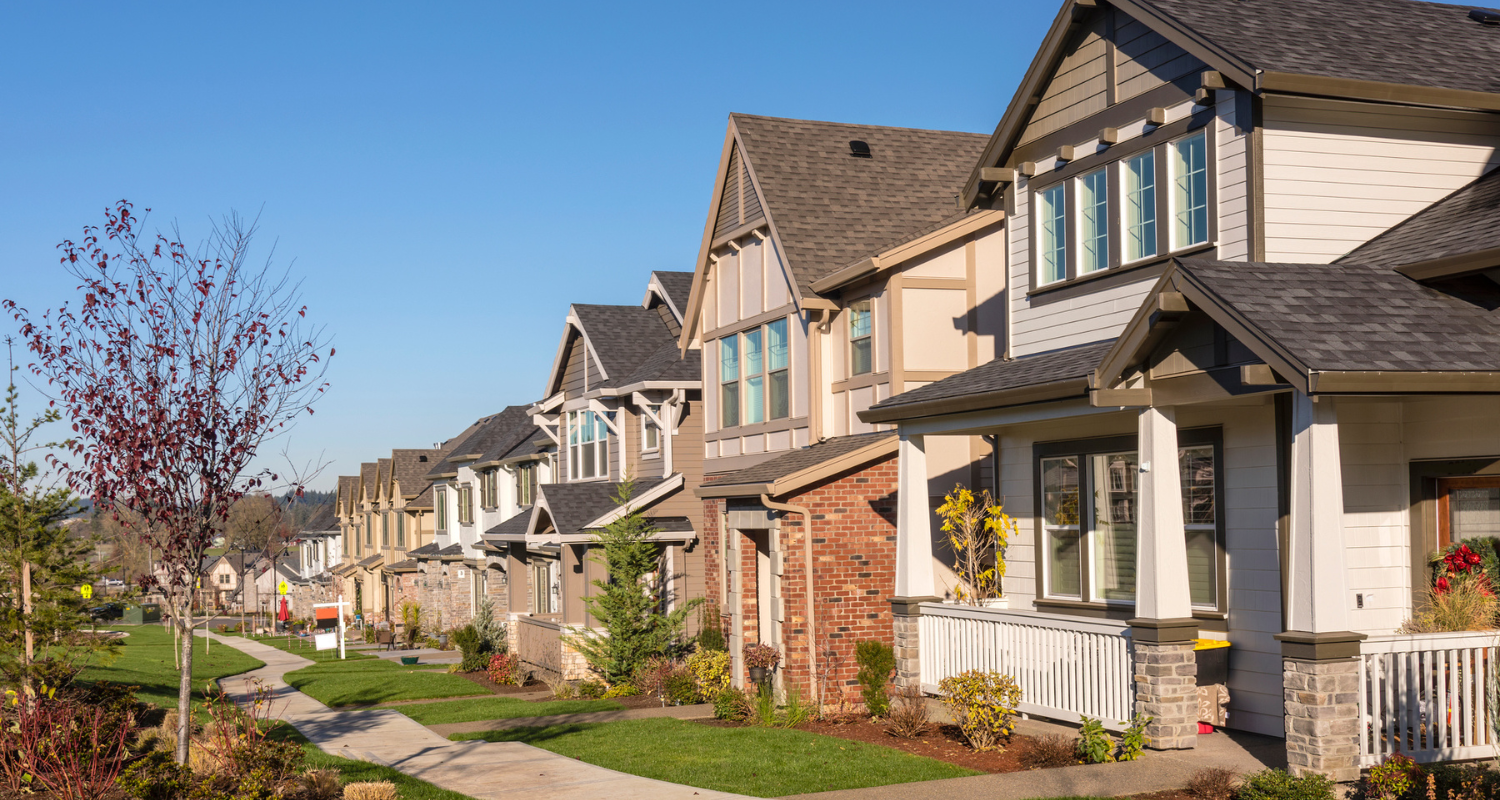Selling a home can be a complex process, especially when there are multiple parties involved. But if your property is chain-free, you’ve already removed one of the biggest hurdles that often cause delays. That alone puts you in a strong position to sell faster than the average UK homeowner.
Many Witney estate agents will tell you that chain-free properties tend to attract more motivated buyers. Without the pressure of coordinating a linked purchase, the process is generally quicker, less stressful, and more appealing to those looking for a smooth move.
What does “chain-free” mean when selling?
In simple terms, a property is chain-free when the seller doesn’t need to buy another home at the same time. That could be because the seller is moving into rented accommodation, selling a second home, or the property is empty—perhaps due to inheritance or relocation.
It also appeals to buyers who are keen to avoid being caught in a long line of linked transactions. No onward chain means fewer people involved, which usually means fewer delays.
How long does it take to sell a chain-free home?
The national average time to sell a property in the UK is around 16 to 18 weeks. That covers everything from listing the home to completing the sale.
Chain-free properties, however, often complete more quickly—typically between 8 to 12 weeks. Some transactions, especially those involving cash buyers, can go through in as little as 4 to 6 weeks.
Here’s a rough timeline of what to expect:
- 1 to 2 weeks to get an offer accepted
- 2 to 3 weeks for conveyancing to begin and initial checks
- 2 to 4 weeks for searches and survey
- 2 to 3 weeks for final contracts and exchange
- 1 week or so to complete
Of course, this assumes everything runs smoothly. In reality, there are a few hurdles that can slow things down.
What can delay a chain-free sale?
Just because a home is chain-free doesn’t mean there won’t be hiccups. A few common causes of delay include:
1. Mortgage application hold-ups
If your buyer needs a mortgage, their lender will carry out checks and a valuation. This alone can take several weeks—sometimes longer, depending on how busy the lender is.
2. Slow legal process
Even without a chain, conveyancing takes time. If the buyer or seller’s solicitor is unresponsive, or if legal documents are missing or incorrect, delays are almost guaranteed.
3. Searches taking too long
Local authority property searches are part of every sale. Some councils return these quickly; others are known for taking up to four weeks—or even more.
4. Survey issues
If the buyer orders a home survey and problems are found (such as damp or structural issues), they may renegotiate, or worse, walk away. This pushes the timeline back.
Tips to help your chain-free sale go faster:
While you can’t control everything, there are steps you can take to avoid unnecessary delays:
Get your paperwork ready early:
Instruct a solicitor or conveyancer as soon as you decide to sell. Get key forms like the TA6 (Property Information) and TA10 (Fittings and Contents) completed right away. Having these ready can save weeks.
Price realistically:
Chain-free homes attract buyers looking to move fast, but if the price is too high, they may hesitate. Work with your estate agent to set a fair, market-aware price.
Be available and responsive:
Reply quickly to solicitor queries, stay in touch with your agent, and be flexible when it comes to viewings. A little extra attention here can make a big difference.
Highlight the chain-free status:
Your estate agent should make sure this is featured in the listing, as it’s a real selling point. Phrases like “no onward chain” or “vacant possession” help buyers spot properties that can complete quickly.
Do chain-free homes sell for more?
In most cases, being chain-free won’t directly raise your asking price—but it does improve your chances of a quicker sale. For some buyers, the appeal of less stress and more certainty may outweigh small price differences between similar properties.
That said, in a fast-moving market, chain-free sellers are often in a stronger negotiating position. If a buyer is in a rush or has lost out on other properties, they may be more willing to pay the full asking price for a home that’s ready to go.
Who’s most likely to buy a chain-free home?
Chain-free homes appeal to a broad range of buyers, but particularly:
- First-time buyers who want a simple, straightforward purchase
- Buy-to-let investors looking to complete quickly
- Buyers relocating for work, who may be working to a tight deadline
- Cash buyers who often seek vacant properties they can move into straight away
Understanding the motivations of your likely buyer can help your agent market the property more effectively.
Final thoughts
A chain-free sale won’t guarantee a lightning-fast transaction; however, it improves your chances. With fewer shifting elements and a much lower risk of collapse, those incomes often reach their pinnacle more easily and with less stress.
That said, timing additionally relies on how well-organised you and your crew are. Choosing a great property agent, getting your office work in order, and staying responsive can all shave a treasured time off the sale.
If you`re promoting and searching out Witney estate agents who understand the way to the marketplace and control chain-free income effectively, now`s a great time to get started.





